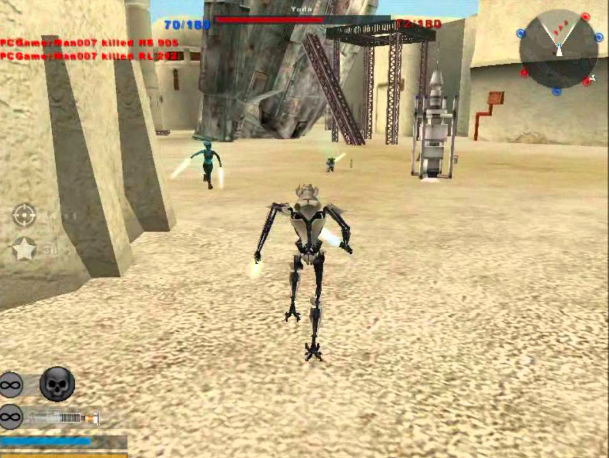
Mercenaries: Playground of Destruction is by no means a perfect game, there are obvious flaws to it. Critics lauded the game’s sandbox, which allowed for unique scenarios and opportunities for gameplay. The game’s PS2 version stands at an 84 rating on Metacritic, which is certainly not shallow by any means. Mercenaries: Playground of Destruction released in 2005 to great critical reception. The game also featured light-stealth elements, which while primitive adds some variety to the game’s combat. There’s also a morality system that judges a player’s action and shifts the relationship of the player with different factions accordingly. There were also, of course, loads of side missions that players could partake in. You can hop into the game’s variety of vehicles, and wreak havoc to the game’s environments thanks to its destruction mechanics. Set against a nation on the brink of war, Mercenaries: Playground of Destruction featured an open-world environment that players were free to explore at their own will. Mercenaries: Playground of Destruction was a third-person action game set in the near future.

Coming right off the heels of the massively successful Star Wars Battlefront, the studio sought to create a game that combined open-world elements popularized by Rockstar’s Grand Theft Auto series along with the action-packed combat that fans of franchises like Star Wars would resonate with. Over a relatively short time span of six years, Pandemic Studios had crafted a reputation for itself with its Star Wars games – the original Battlefront and The Clone Wars. Pandemic Studios’ Mercenaries largely fits into the latter category, and remains a title that’s rarely brought up in discussions today – which ultimately begs the question, what the hell actually happened to Mercenaries? Many franchises that fans love today were born out of this market, while some enjoyed decent successes and others failed to remain relevant for a long time. The PS2 and Xbox era saw an abundance of games in the ‘AA’ space, as big-name publishers were willing to give middling budgets for developing games that were experimental. The fact that the medium is relatively young compared to other mediums, and the industry is at the cutting-edge of technology are two big reasons why fan interest shifts rapidly, and developers have to continuously adapt accordingly in order to survive this ever-changing landscape.



The games industry is an ever-changing place, with a litany of franchises skyrocketing to massive popularity only to disappear in a few years’ time.


 0 kommentar(er)
0 kommentar(er)
